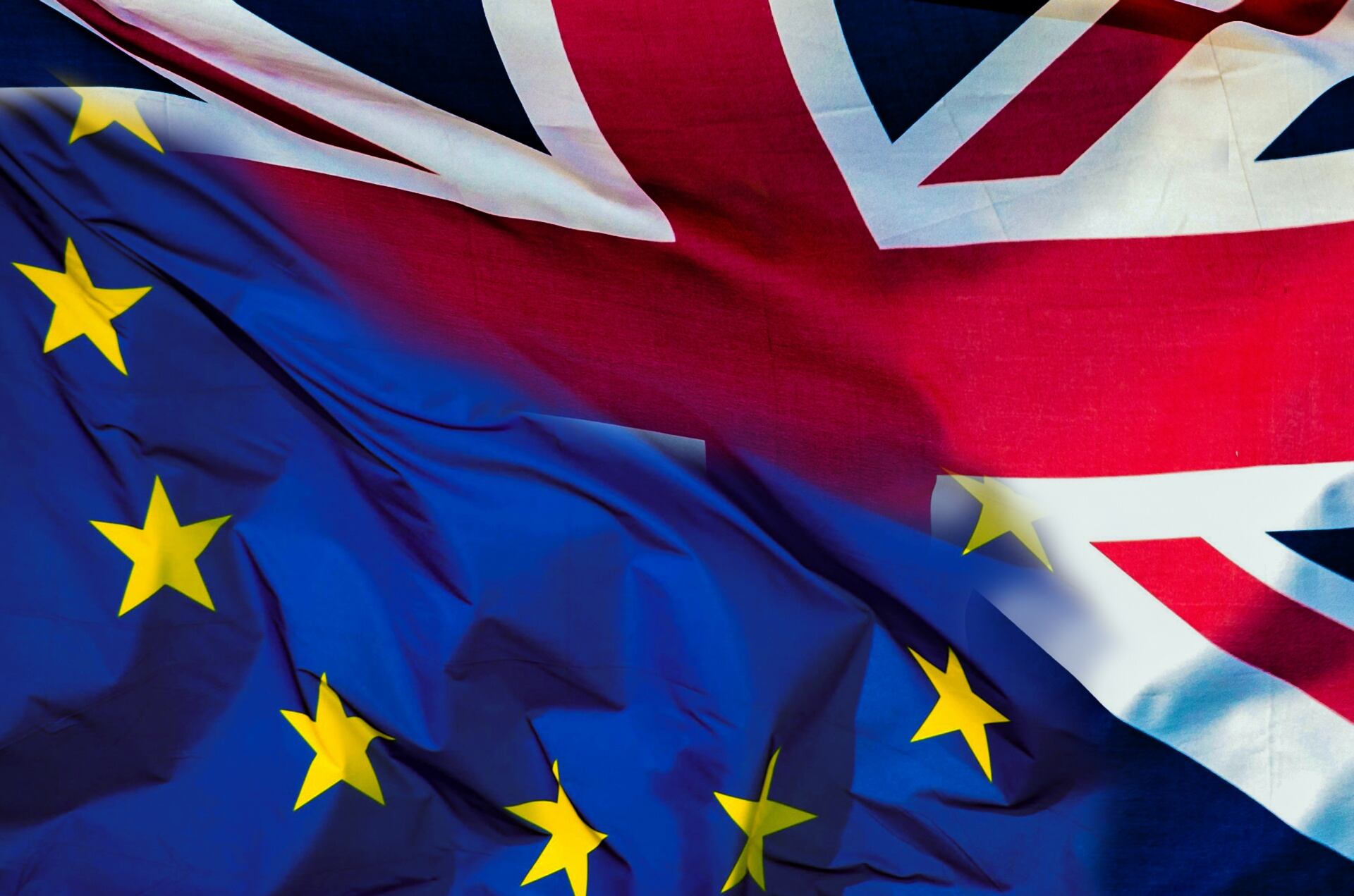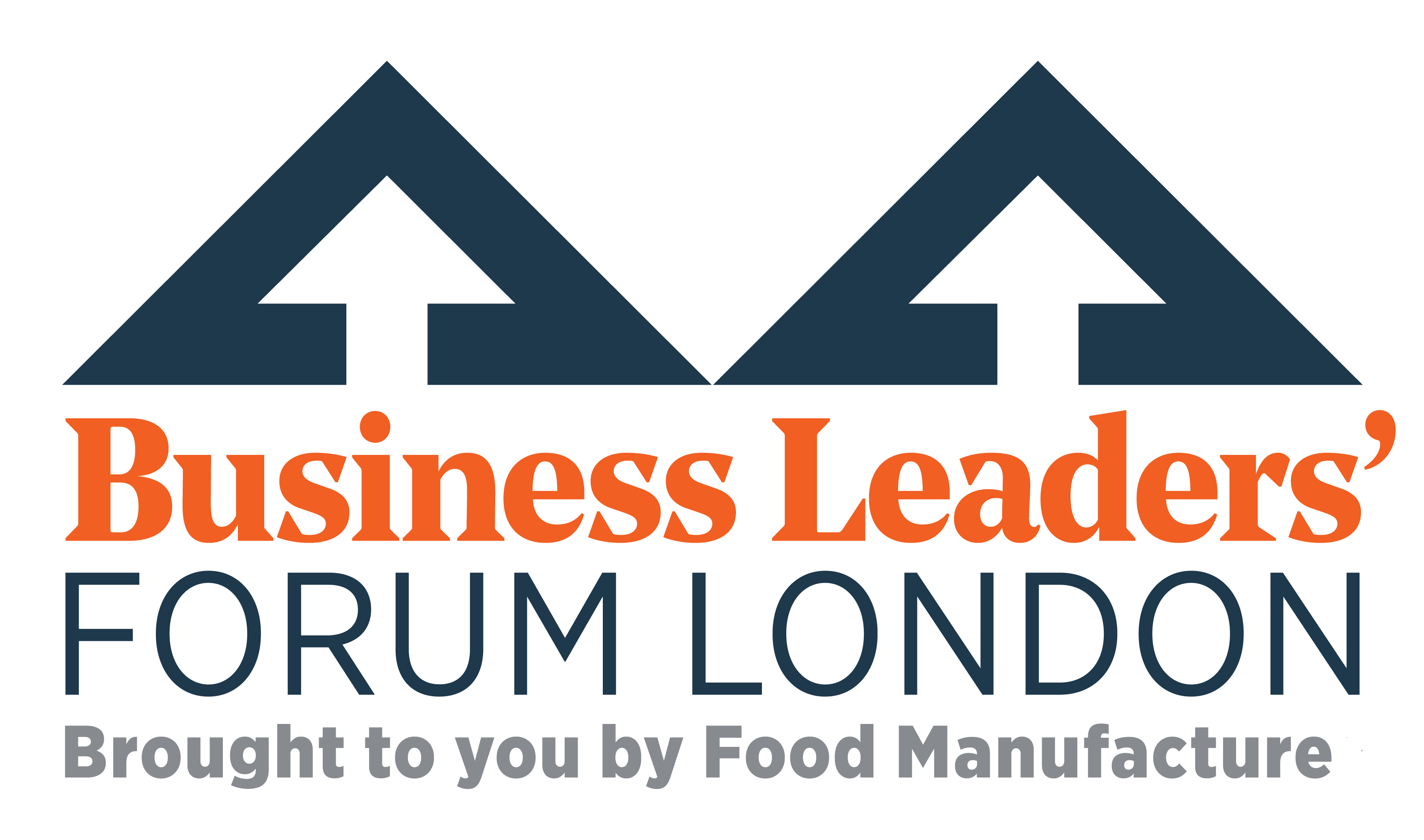Fast-track deals with China and the US
Fast-tracking trade deals with the US and China could offer food and drink brands an escape route from a cliff-edge Brexit, according to exports consultancy Absolute Advantage.
With the UK looking increasingly unlikely to agree a free trade deal with the EU before the end of the Brexit transition period in 11 months, European buyers have begun reluctant to stock UK brands, due to the inevitable but unpredictable changes in market conditions, warned Absolute director Colin Rainsforth.
However, the same could not be said about China and the US, where British products were highly valued for their perceived premium quality, style and branding, he explained.
“The opportunities far outstrip those available in Europe right now, and brands need to look to these alternative markets to offset the effects of Brexit rather than relying on EU markets where they will undoubtedly be facing increased costs, with strictly enforced and complex barriers to trade.”
Samantha Mobley, partner, EU competition and trade practice at international law firm Baker McKenzie agreed and advised companies to seek more open growth strategies, particularly if they were heavily dependent on the EU.
“For every sector, the US offers the greatest opportunity – China is the second-biggest prize,” she added.
Future trade policy for dairy sector
Securing free and frictionless trade with the EU and safeguarding British food standards are crucial if the UK dairy sector is to grow, according to the National Farmers Union (NFU).
NFU vice president Stuart Roberts warned the alternative would be the “damaging threat” of World Trade Organization rules that would see higher fees on exports – as much as 48% on butter and 57% of cheddar cheese.
“With the UK dairy sector exporting 3.2bn litres of products to the EU, it’s essential we secure a deal with the EU or face costs in the region of £500m,” said Roberts.
“Whereas last year was dominated by uncertainty for the dairy sector, particularly in the liquid milk market, which has seen big implications for dairy farmers, such as those affected by the Tomlinson’s closure, 2020 offers more optimism.”
Roberts called on the Government to back British farming and put in place polices to allow dairy businesses to continue to provide great-tasting, traceable and affordable food for the nation.
Brexit impact on cold storage stockpiling
The threat of disruption to the food and drink supply chain in the wake of the UK’s split from the EU would further increase demand for cold storage space as a no-deal exit became more likely, claimed temporary cold storage systems provider Aggreko.
Its comments followed EU president Ursula von der Leyen’s warning that securing a comprehensive agreement covering all aspects of Brexit was “impossible” within the UK’s current EU membership transition period.
Aggreko sales manager Matt Watson said: “Last week’s comments from President Von der Leyen on the uncertainty surrounding Brexit and trade means that stockpiling is back on the agenda for many companies, particularly in the food and pharmaceutical sector.
“However, organisations considering stockpiling goods may find themselves in the unenviable position of only needing extra capacity to store materials while this situation is resolved.”





